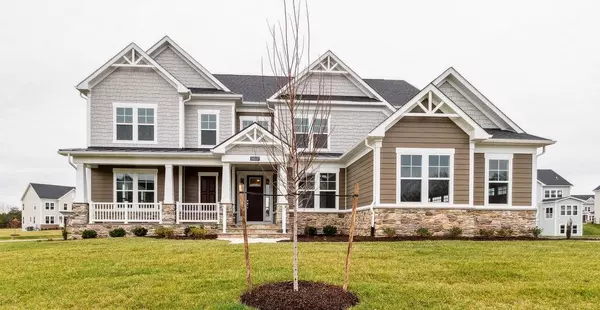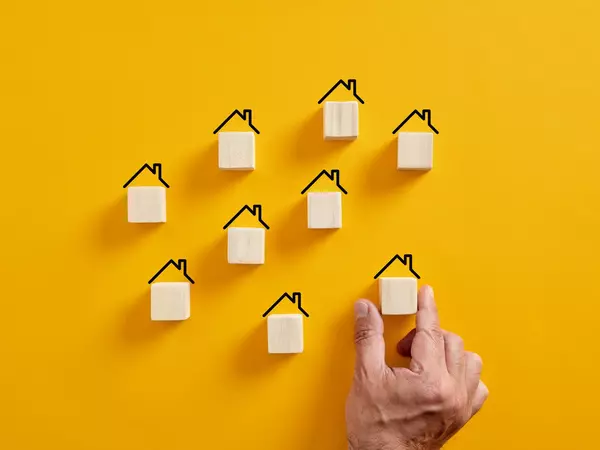
Will a Silver Tsunami Change the 2024 Housing Market?
Have you ever heard the term “Silver Tsunami” and wondered what it's all about? If so, that might be because there’s been lot of talk about it online recently. Let's dive into what it is and why it won't drastically impact the housing market. What Does Silver Tsunami Mean? A recent article from Ho

Navigating the Home Buying Journey: Key Steps to Ensure a Smooth Transaction
Buying a home is one of the most significant and exciting investments you'll make in your lifetime. However, the process can be complex and daunting for first-time buyers. To ensure a smooth and successful home-buying experience, it's crucial to understand and navigate each step carefully. In this

Are More Homeowners Selling as Mortgage Rates Come Down?
If you’re looking to buy a home, the recent downward trend in mortgage rates is good news because it helps with affordability. But there’s another way this benefits you – it may inspire more homeowners to put their houses up for sale. The Mortgage Rate Lock-In Effect Over the past year, one factor
Categories
Recent Posts









